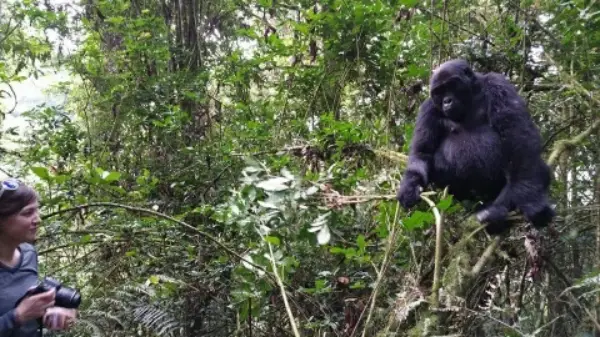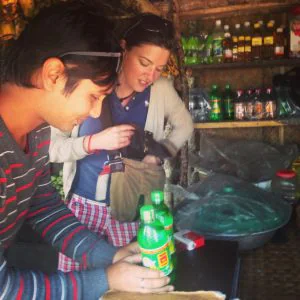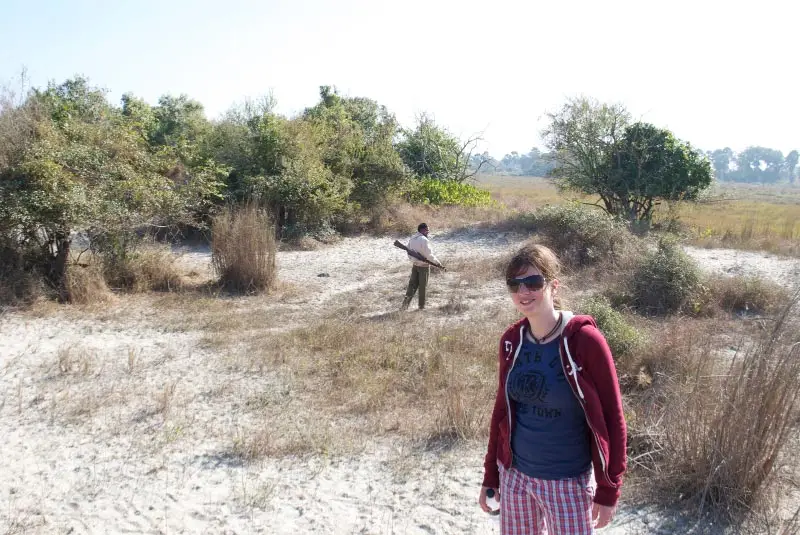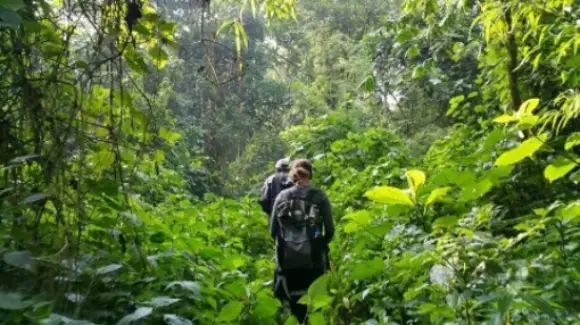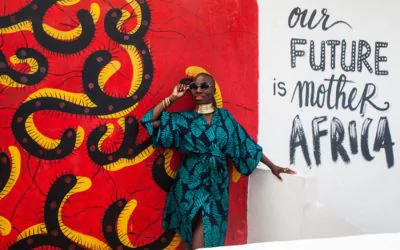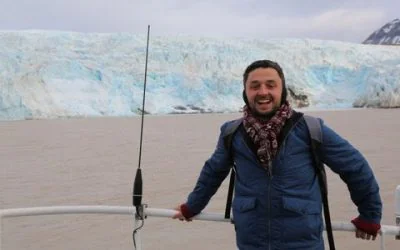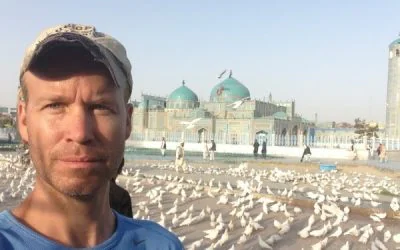Q: Sarah, you were both in Washington DC, spent 10 years of your formative years in Moscow, your father is Scottish and your mother French. In what ways has this internationalism worked for or against you?
I would say in a minor way it has worked for me- i have always been used to navigating different cultures and languages. However, i think inborn temperament plays a bigger role. I know a lot of people with my background who hate travel and never want to leave whatever city they have decided to plant themselves in. I have always been the opposite. My parents tells a story of doing a road trip in August across the US with no air con in the late 70s. My mother was miserable and i, a toddler, was loving every minute- because i was having an adventure.
Q: You are one of the very few female members of TBT who have visited 100 countries. How do you explain such a dearth of women in the top positions?
No idea. I get asked this question a lot in my professional life too and the only answer I can think of is that many women simply make different life choices. I believe in today’s Britain, where i live, there is no impedement to women achieving any position they aim for, but consistantly they dont. it is the same with travel. it is a choice and the dont make it.
Q: What kind of travel excites you most? Do you prefer travelling alone or with company? Give us an example of a trip you really loved.
It depends on the situation. Intrinsically, i prefer to travel alone as i can dictate my own circumstances better. That said, some of my funniest moments have been with friends- i recently went to the DRC with a friend and we had all sorts of adventures and
Q: Your base is in London. Would you say this is a good base for a global traveller or does the city’s inherent internationalism make travel almost redundant?
The opposite- i think living here makes you want to travel more. It is a brilliant travel hub for the globe, and you meet people from everywhere. They tell you their stories and about their home countries and it has gotten me interested in places i barely even knew about. It also means when i go somewhere, i almost always know someone from there i can tap up for advice.
Q: You travel a lot in Europe for work. How do these trips compare to your long hauls?
I travel a lot for work- both long and short haul. The disadvantage with work travel is that my time is not my own- i cant decide to go to a place that strikes my fancy etc, I am bound to my client. On the other hand, this has meant i have been to many places and seen things i never would have seen on my own, because on the surface they would never have interested me. I also really like it when clients recommend or take me to their favourite local restaurant etc. this allows me to get a local feel whereever i am….I have ended up eating some strange things though!
Q: Are there destinations that you, as a woman, are less inclined to go to, or more scared to travel to?
Yes and no. It would be naive and dangerous to think that as a woman i can go anywhere i want in the same way a man can. But that doesnt mean i cannot go, it simply means i need to manage the situation well, and do my research in advance to make sure i am well prepped. In some places in africa and south asia, i have dragged male friends with me, not so much for “protection” as to make me stand out less- women just dont travel alone in some countries. Luckily, i have plenty of male friends i can recruit for such adventures if need be.
Q: Imagine you can have a ‘dream 24 hours’ where time and transport cost are not issue, so you can be anywhere anytime. In what places would you want these 24 hours to be, from morning to night and what would you be doing there?
This might sounds really dull, but i would be inclinded to spend the entire 24 hours at indigo bay in the bazaruto islands enjoying the views and doing nothing…..But i might be just saying that because i just got off a 10 hour flight and i am really tired. Ask me tomorrow and i might go for Mogadishu.
Q: If you could invite any four people from human history to dinner, who would they be and why?
Henry morton Stanley is a must- i would love to hear his takes on Congo in those days. We could temper his colonialist background to perhaps Che Guevara, who spent considerable time in the same region with rather a different agenda. I think Tamerlane might be a good counterbalance, and maybe Peter the Great as well. why not?
Q: Finally, which countries you haven’t been to are the top of your current bucket list?
Iran for the food, kenya for the wildlife, Bhutan for the views and the republic of congo for the national parks.
The photos in this article are from the private collection of Sarah McArthur.
